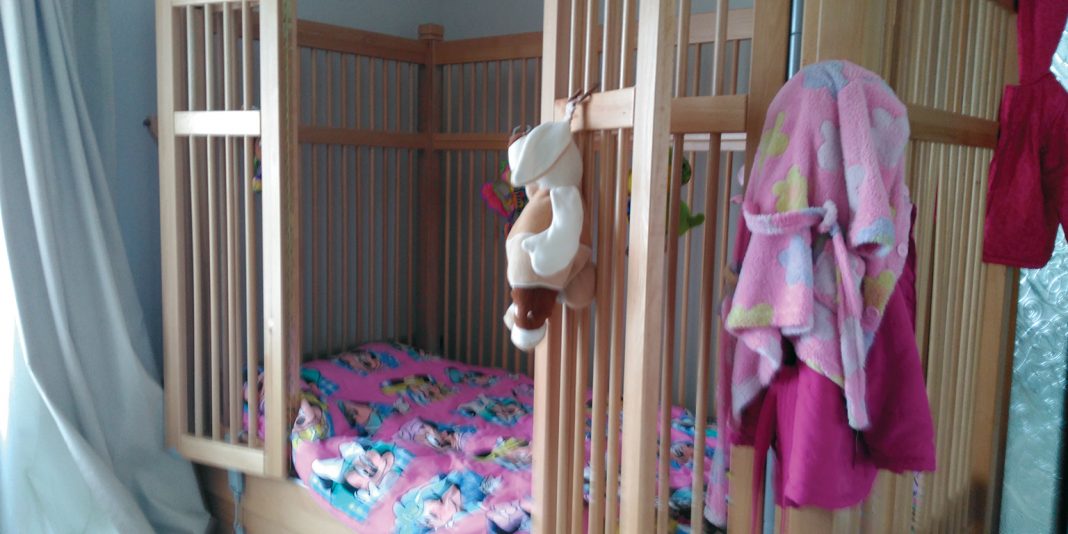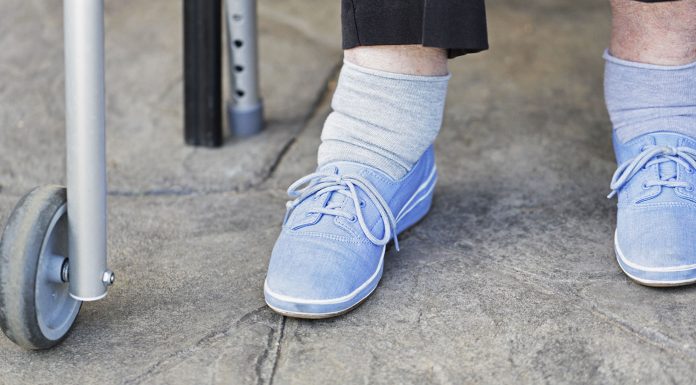I vividly recall spending a day at Cherry Farm’s ‘Babies’ villa as a student nurse.
It was the 1980s and I was doing a clinical placement at the former psychiatric and intellectual disability hospital north of Dunedin as part of my Comprehensive Diploma.
I remember the day so clearly as it was incredibly sad. The people we were caring for, some were adults, were changed and fed and put on mattresses on the floor with no stimulation and little interpersonal interaction.
I was reminded of this experience recently when I watched an online video where the mothers of two young men – who in the past may have been in a setting like the ‘Babies’ villa – talk about their sons being the first generation growing up outside institutionalised care (www.complexcaregroup.org.nz/connect/our-stories).
The two mothers interviewed share very moving accounts of their lives caring for their children. While it seems, from my brief experience of institutionalised care, to be much better for the child/young person to be in a home environment, I can also appreciate the stress on the parents and family is extreme. No parent of children without such complex needs can watch these interviews and not be humbled at the commitment of these parents and the consuming nature of the care they must provide.
Research highlights families’ need for respite
The support offered to Canterbury families with children and young people with high level, complex, health-related needs was the subject of a 2015 study led by Nurse Maude.
The goal of the mixed methods research study was to consider what services would meet these needs. The feedback from focus groups make this study’s report as moving to read as watching the videos from the Complex Care Group.
Sleep deprivation, strained relationships within the family, a complex and poorly understood funding environment, and a lack of attention available for other children’s needs are just a few of the issues raised. It appears no system is without its issues. I’m sure that going back to the big institutional model is a move few families would consider, but the lack of respite care makes life hard for these families.
The needs of the families in Canterbury echoed the needs of families in research studies from similar countries. One aspect highlighted is that families require flexible services as their needs can change rapidly. Another is that families prefer in-home respite care, but this is seldom available due to the difficulty in finding suitable carers, other than willing family members. While some families have support from grandparents, there are limitations in the services that ageing parents can provide. Parents reported their informal support services were highly variable and significantly strained.
The study recommended that a Respite Care Connections Service be established, with the key aims of:
- expanding respite care to take a whānau/family rather than child or young person-centred view through predominantly home-based individualised respite care options
- formalising and further developing current informal networks through collaboration, connections and communication, maintaining a ‘Connections’ database.
The tangible result was that in 2016 the Complex Children’s Respite Care Connections Service (CCRCCxS) was established and Nurse Maude appointed a co-ordinator to achieve those aims.
The privilege of volunteering
I spotted the service’s ad in a local paper seeking volunteers ready to work alongside parents of children with complex health needs.
Two to four hours a week was the time commitment suggested, and the range of activities described as “doing anything from babysitting the child with complex needs to taking other children to sporting commitments”.
As a newcomer to Christchurch at the time, I thought I had some time to offer. They weren’t looking for nurses, so I wasn’t thinking that I would be doing anything clinical. I was interviewed, police-checked, had a day of orientation with the five other volunteers in the first intake and was then introduced to the family I support.
I visit the family most weeks and it has become a highlight of my week. Just as nursing is a privilege, it is likewise a privilege to be able to go into a family’s home, even if you are there to help in the most basic of ways.
Seeing first-hand the psychological, physical, and emotional toll on the primary carers of children with complex needs has also been a revelation for me. The mother of my family has a calendar constantly full of appointments she must get her child to or visitors coming to their home.
The moving story she tells of the journey to diagnosis of her child’s complex condition is difficult to hear as a health professional as she was not always listened to. The services they receive now seem to be very responsive to their needs. Her child is regularly admitted to hospital with the flow-on effects for the other children and family members this involves.
As a nurse, working in the education setting, I did not appreciate all that goes on for families in this position. I also realise I cannot fully relay its reality to my students.
Some of the most moving moments have been small. Last week the child nodded at me when I asked her if she was okay and I realised she does understand me. When the cutest little wheelchair arrived, the mother told me she had shed a tear, as it is one thing to know your child can’t walk and another thing to have it put in front of you so graphically.
While I don’t have to flush the child’s MIC-KEY button after a tube feed, I do if we are out walking so she can get out of the wheelchair to play. This isn’t an activity specific to nurses, but I am sure I feel more comfortable doing it because of my nursing experience.
For this family, the time I spend with the child allows the mother to do everyday jobs like grocery shopping. The idea of doing anything that might seem relaxing to me doesn’t even register with her as the care of her family is all-consuming. It is relaxing for her to be able to do the groceries alone.
The first group of volunteers has been followed by more and, in a report done this year, 10 families are receiving volunteer support.
Nursing is a great background for work with families of children with complex care, but it’s not essential. I have found flexibility, being open to other families functioning differently from your own, and a bag of paper, pens and bubble mix are all essential.
A new co-ordinator has recently come on board and she is keen to hear from anyone in the area who thinks they have time to offer. If you would like more information, please contact
[email protected] as more volunteers are needed.
Author: Dr Chris Moir is a lecturer and clinical co-ordinator for the University of Otago’s Centre for Postgraduate Nursing Studies.





















